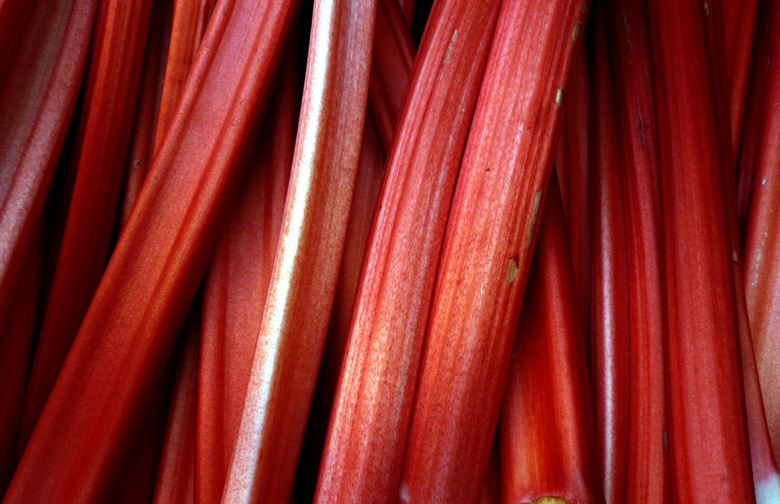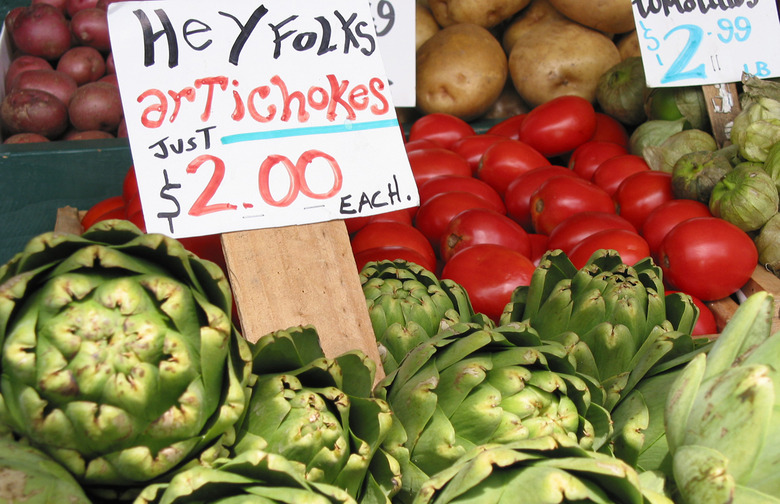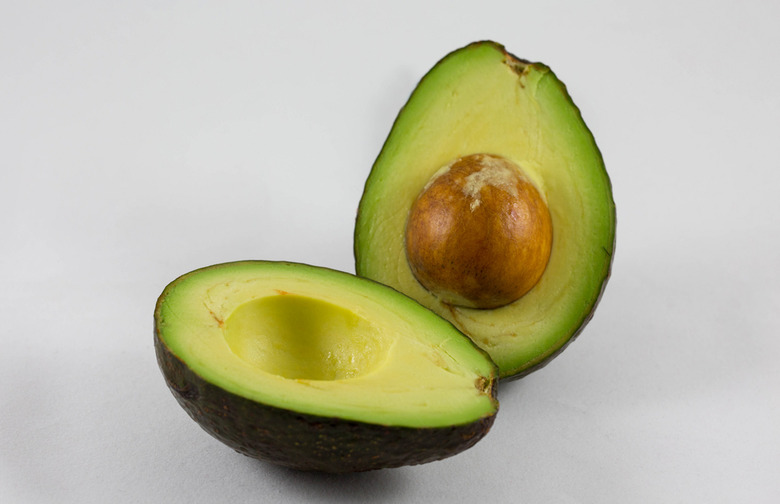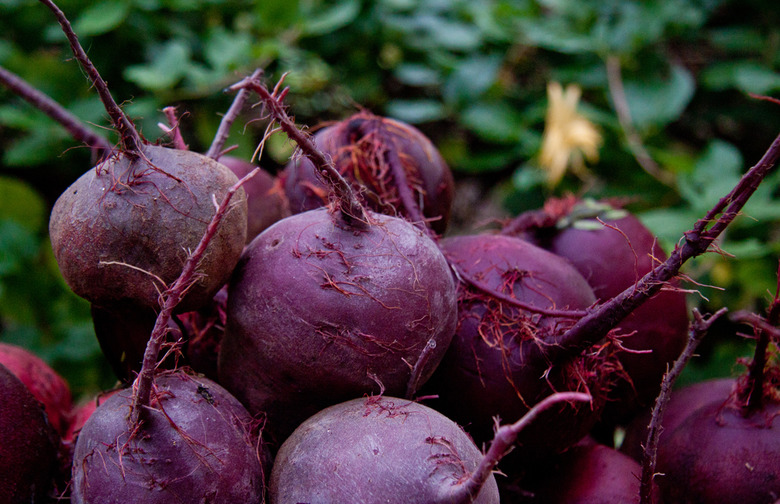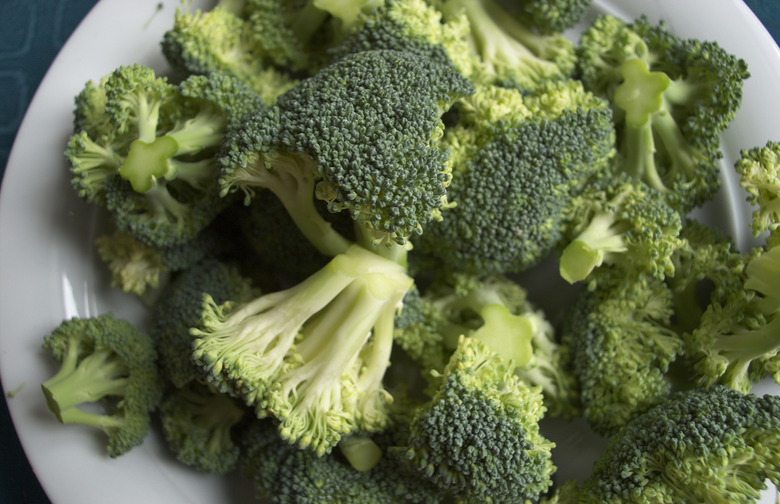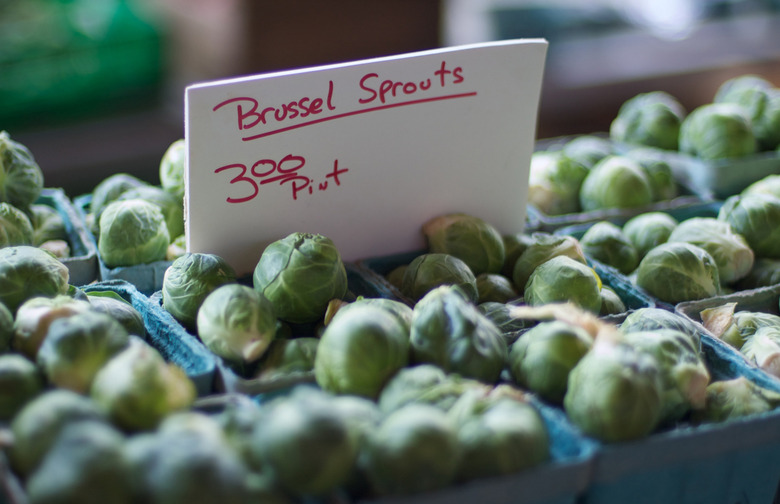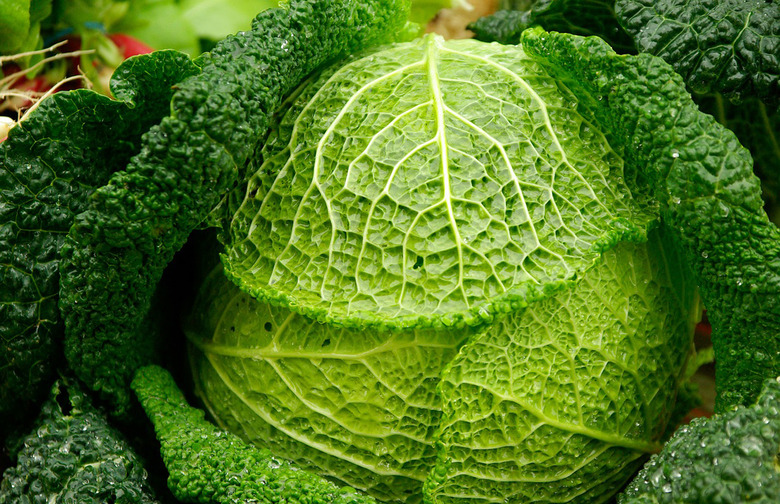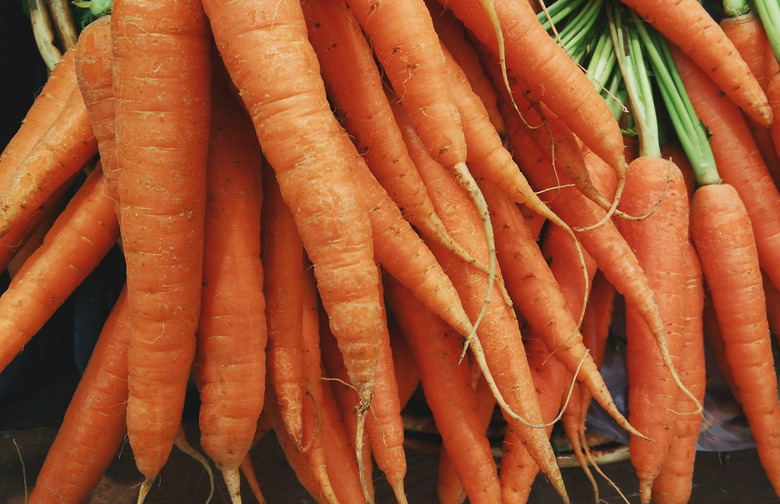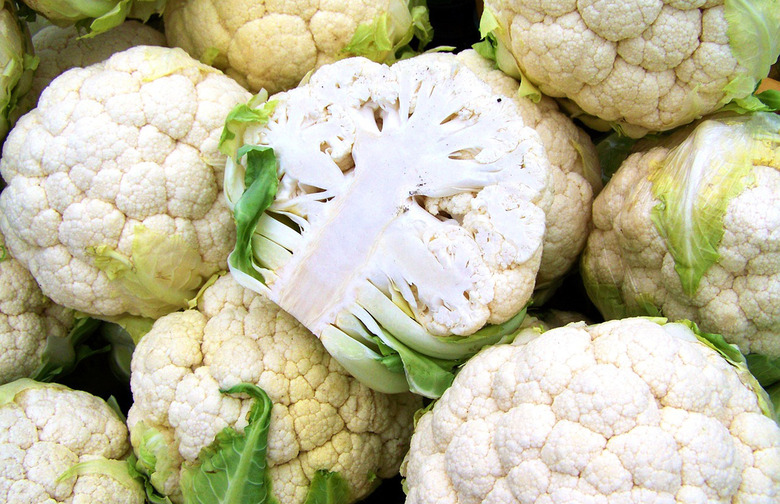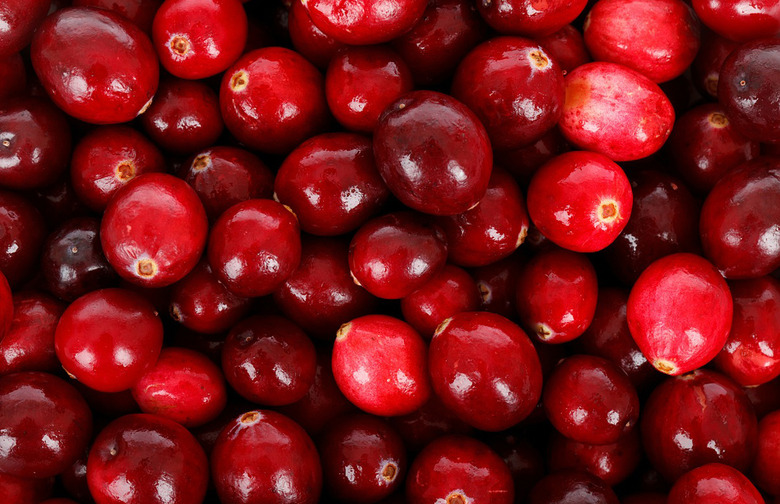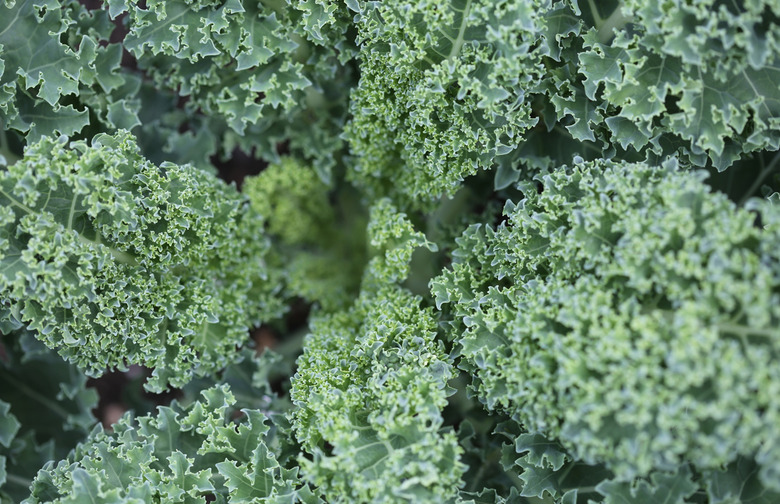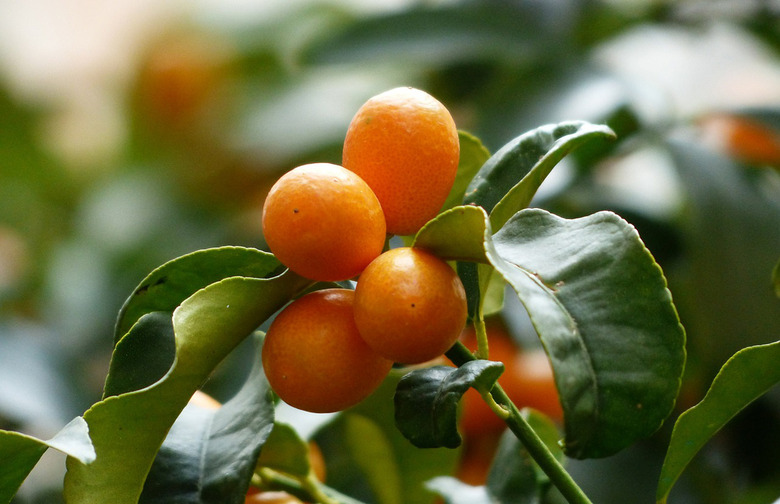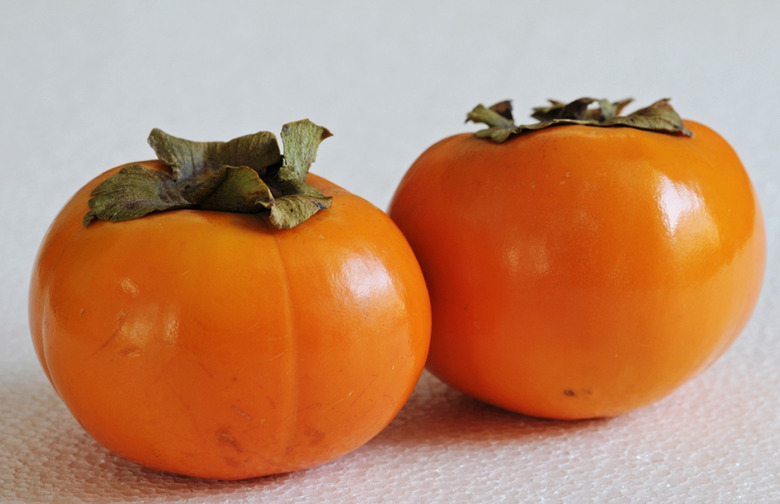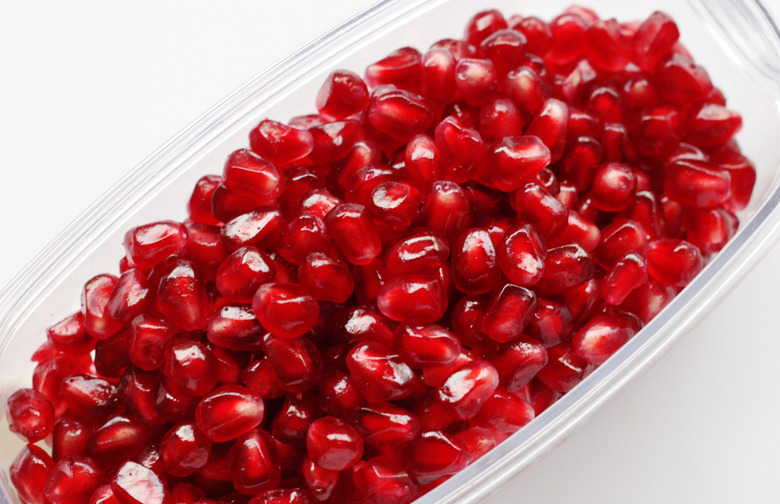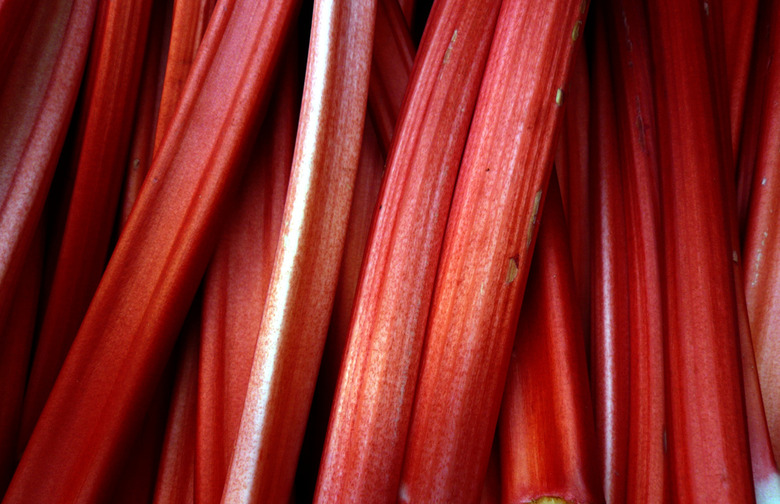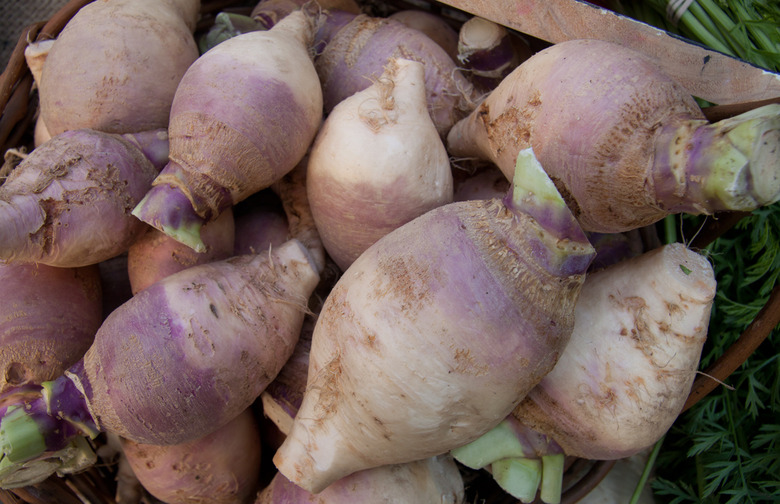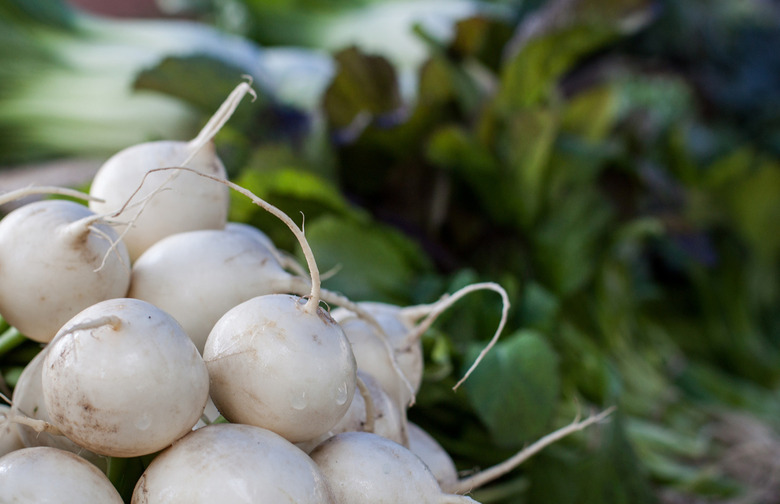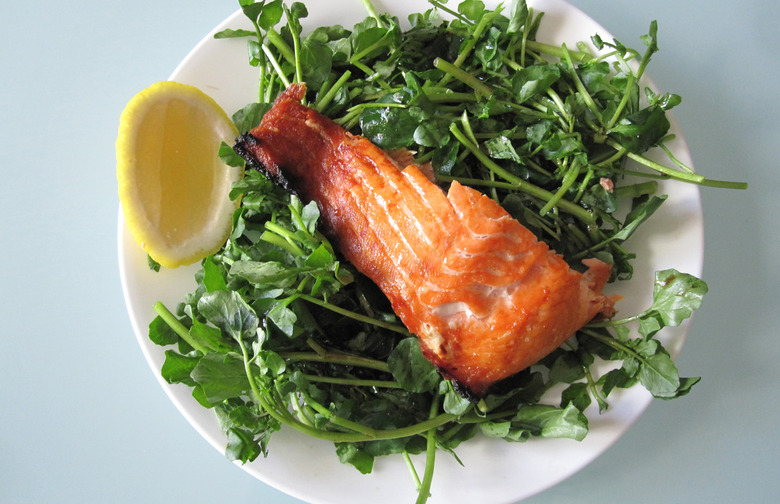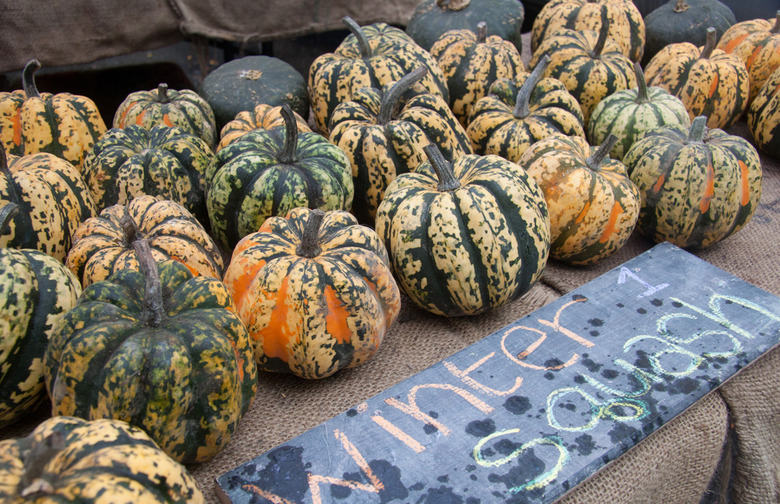23 Energy-Boosting Winter Foods
Don't let the snow get the best of you. In order to keep your mind right, we suggest eating seasonally this winter.
Artichokes
Artichokes are full of dietary fiber as well as vitamin K, which helps to maintain good bone health and prevent heart disease. Try one of our artichoke recipes.
Avocados
Adding avocado into your diet will provide you with plenty of energy via its high healthy fat content. Avocados can also aid in digestion and bone health. Don't be afraid to experiment with avocado this winter.
Bananas
They grow in only a few states, but between their high potassium content, rich magnesium levels, and low amount of glycemic carbohydrates, bananas are the perfect fuel for an active human. Throw a banana or two into your next smoothie for a nutrient-dense treat.
Beets
Rich in fiber and potassium, the reddish-purple beet you're probably familiar with is available year-round. Don't be afraid to try the leafy green part of a beet, either! These greens are rich in vitamins and minerals that will get you through the hardest of winter days. Feel free to eat your beets in a variety of ways.
Broccoli
From a nutritional standpoint, is there anything wrong with broccoli? From antioxidants to vitamins E, B6, and A, broccoli is one winter food you can eat in abundance. Make sure you're preparing it properly.
Brussels Sprouts
You may not like Brussels sprouts, but they are actually amongst the trendiest vegetables right now, both for their flavor and their health benefits. Vitamins K and C as well as a serious amount of fiber make this vegetable one you should go to for fuel in winter. Here are some of our favorite Brussels sprouts recipes.
Cabbage
The anti-inflammatory, digestive-health-promoting cruciferous vegeteable we call cabbage has been grown during winter for centuries. We have some suggestions on the cabbage recipes you should make this winter.
Carrots
They're good for your eyesight, right? Not only do they help your eyes out, but carrots will also increase your cardiovascular health and boost your immune system. If you're looking for energizing carrot recipes, click here.
Cauliflower
Cauliflower isn't just the ugly, pale step-cousin of broccoli. This antioxidant-rich member of the cruciferous family can help your body to detoxify in addition to promoting brain health. Try replacing potatoes with cauliflower for dietary variety this winter.
Cranberries
Cranberries are rich in antioxidants, low in fat, and low in calories. They're a perfect snack for a wintry-day energy boost. Don't feel like you need to eat them from a can of cranberry sauce — there are other options.
Kale
If there's a list of foods promoting health or energy in some way, you should always expect to see kale on it. Luckily for us, kale grows in winter. It also contains manganese which supports a healthy, active brain. Try making this winter kale salad.
Kiwi
Kiwi (we mean kiwifruit not the flightless bird) comes packed with enough vitamin C and vitamin K to help anyone get through winter. Fiber, antioxidants, and phytonutrients are all also found in generous quantities in this fruit. Experience the benefits of this fruit from one of our best kiwi recipes.
Kumquat
If you're unfamiliar with the physical appearance of a kumquat, just imagine a small, slightly oval-shaped orange. These citrus fruits contain sugars which are easily converted to energy. They'll also help your skin and digestive system stay healthy. Mix kumquats and cranberries for some extremely seasonal winter fuel.
Leeks
Leeks, which are allium vegetables like onions and scallions, contain kaempferol. Kaempferol can help to fight numerous diseases including cancer. Leeks are also rich in vitamins A and K as well as folic acid. Harness the hydrating power of leeks with one of these recipes.
Persimmons
Persimmons, members of the Diospyros genus and natives of the southeastern United States, can be enjoyed raw or as components of a recipe this winter. Their vitamin C and calcium content will keep you going, and their sweet taste will keep you coming back for more.
Pomegranates
Pomegranates, considered a good way to start your day, are made up almost entirely of carbohydrates. These carbs, mixed with a pomegranate's vitamin C, vitamin K, and potassium will help you feel energized. Oh, and its history is pretty interesting, too.
Radishes
Lots of water and lots of vitamin C make up the radish. Thus, not only will you likely ward off the common cold by eating them this winter, you'll also stay hydrated.
Rhubarb
Rhubarb, a winter-hardy vegetable hailing from northern Asia, can help to keep your liver healthy. Calcium-rich, rhubarb also promotes bone health. Because of the fact that rhubarb tastes fairly sour when raw (and may be toxic in large quantities), we suggest you prepare it before eating.
Rutabaga
If you're an American, you call a rutabaga a rutabaga. If you're anything else, you call this turnip-like member of the cabbage family a swede — unless you're in Scotland, where they're called neeps. Regardless, they are high in antioxidants and vitamin C. No matter how you eat them or what you call them, you'll be sure to stay healthy and energized if you choose to eat them this winter.
Sweet Potatoes
Sweet potatoes are arguably one of the best foods to fuel the human body with energy. The slow-digesting complex carbohydrates sweet potatoes are made from will provide slow, steady energy without any undesired blood sugar spikes. Here are some of our favorite ways to eat sweet potatoes. One contains Brussels sprouts and cauliflower, too, so you'll get three energy-boosting winter foods in one dish.
Turnips
Eating these veggies will help to keep your calories low and to turnip your nutrient consumption. Now that that joke's out of our system, consider trying one of our many turnip recipes.
Watercress
The peppery taste of watercress alone may be strong enough to get you moving, but if you're looking for details we've got them. Vitamins K and C, in addition to the glucosinolates responsible for its taste, will help you keep healthy bones, ward off colds, and potentially prevent cancer.
Winter Squash
Heart disease beware: The carotenoids in winter squash are here to thwart you. In addition to helping prevent heart disease, just one cup of winter squash provides you with nearly half of your daily vitamin C requirement. If you can only find butternut squash, don't worry — it's a tasty example of a winter squash.
